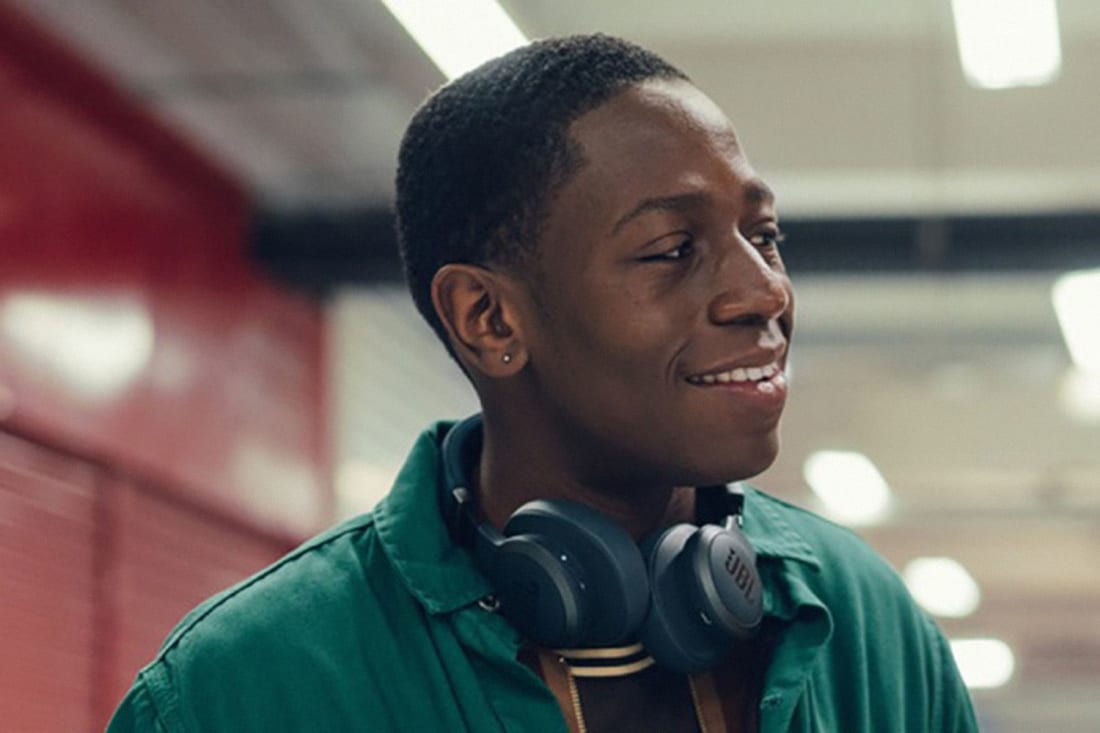It’s okay if you don’t have six besties
TikTok insists that we all have six besties or at least seven friends, here’s a case for smaller friend groups and why they’re just as fulfilling
TikTok insists that we all have six besties or at least seven friends, here’s a case for smaller friend groups and why they’re just as fulfilling
On TikTok, impassioned creators are claiming that everyone has six besties, or at the very least, seven friends. These (seemingly) arbitrary numbers have gained so much attention that they are now popularised as theories on the app. As per Alexandra Hayes Robins, the TikToker who created the #SixBestiesTheory (with 9.4million views), most people’s friendships can be alotted into six categories. This includes the “dead body bestie” who would help you clean up a mess, no questions asked.
There’s also the “similar ambition bestie” who you can plan career goals with, and the “good time bestie” who you would ring when you find a fun happy hour. Similarly, the #SevenFriendsTheory, with 12.5 million views, suggests that we need seven different kinds of friendships to be socially fulfilled. This categorisation bundles friends into groups such as “the one who you’ve known forever”, “the one who can always make you laugh”, “the one who knows everything that’s right and wrong with your relationship”, and more such labels that tie each friendship into a neat little box.
Back in the ’90s, well before TikTok zeroed in on these numbers, psychologist and friendship expert Professor Robin Dunbar, created the world renowned Dunbar number, revealing exactly how many close friends we can maintain. As per his research, humans can cognitively handle up to 150 meaningful social relationships, which includes family and friends. However, several of these interactions are distant and fleeting with only a handful of besties. Dunbar tells woo, “The single best predictor of your mental health and well-being, and even your physical health is simply the number and quality of close friendships you have – and five is consistently the optimal number. Have too few, and you don’t get enough support; have too many (that includes six!), and you divide your time too thinly and aren’t able to nourish friendships.”
In case these numbers feel alienating and push you to skim through your contacts and see how many close friends you have, you’re not alone. In June, Dunbar conducted a study in collaboration with cream cheese brand Philadelphia and the findings show that 32% of people have fewer friends today as compared to four years ago. Most surveyors have between one to three close friends that they contact each week while in-person meetings are even rarer. In a rat race to have more followers and likes online, people have fewer close friends IRL and, for some, it actually feels good.
Online communities make great friends
While there are plenty of reasons for this shift, the intimacy that people find on social media platforms is an essential contributor. Previously, the number of friends you had dictated your access to new perspectives, opportunities and experiences. But as we spend more time online, interacting with digital communities on Reddit, Discord and Twitter, these gaps feel less scathing. Typically, you’d want a friend who you could talk to about the new episode of Love Island each evening.
But you can just go off about it on Twitter and discuss with strangers who are just as passionate. Rhea Francis, 22, shares; “I tried really hard to build more close friendships but somehow it didn’t work out, I didn’t feel like I could be my authentic self there. So I started posting on Reddit and asked strangers how to fix a fight with my girlfriend or what shade I should colour my hair, and I had some great conversations. I’ve been doing this for a couple years now and I feel safer talking to LilSlack234 than the girl at my work.”
Although Rhea has two besties she adores, she began feeling like an imposition if she reached out to them consistently. So having online communities makes her feel less “needy” and provides a sense of belonging. The flipside of this is of course having too many close friends and being spread too thin. With how all-consuming late-capitalist lifestyles are, just bathing, having three meals, working and working out feels exhausting. Add replying to every message or showing up for every plan to this and it’s a starter for burnout. Dr. Becky Spelman, psychologist and founder at Private Therapy Clinic believes that these changing social dynamics are also responsible for people having fewer friends.
Spending energy with intention >>>
Instead of feeling overwhelmed, swimming in and out of multiple group chats, young people prefer spending their energy nurturing fewer friendships, whatever number may be feasible with their schedule. “Having a smaller circle of close friends does not suggest a deficiency but rather an intentional focus on developing meaningful connections, there’s a priority on quality over quantity while being mindful of how much you can take on,” Dr. Spelman says. And let’s be real, intention is sexy. Now more than ever, there is an emphasis on building a relationship with the self. Whether you spend time journaling, marathoning a reality show or just bed rotting, people see alone time as a non-negotiable for personal development.
As per the Office for National Statistics, 29% of people in the UK prefer spending their leisure time alone. Similarly, the U.S. Census Bureau’s "American Time Use Survey” for 2021 found that the average American is spending nine additional hours by themselves and less than three hours a week with friends. Clearly, there’s a renewed interest in just chilling on your own, even if that means having lesser close friends. As a teen, Ishaan Trehan, 25, chased the dream of having a big group to hang out with; it felt essential to have people to experience new things. “This changed completely after I started doing things on my own, I could be myself more and I started to realise who I was outside these relationships, I stuck with this for a while and I guess I never went back,” he says.
The art of balance
This much-needed case for tiny friend groups and more alone time comes with an essential asterisk. Studies show that Gen Z is the loneliest generation and while this shift towards fewer friends should be viewed positively, it has to be situated in a larger movement of isolation. Although it may feel fulfilling to just confide in one or two besties or scribble about it on your little notepad, it’s just as important to have a tell-tale sign for when you may be pushing it. Speaking to the same two people can also create an echo chamber and build resistance towards new narratives.
Sure your friendships can be fluid and you can seek advice or validation from online communities, but don’t abandon those random chats when you bump into your neighbour or meet a friendly barista at your regular coffee place. Danielle Bayard Jackson, a friendship coach and educator explains; “You can be intentional with a couple of close friends but don’t let it cut you off. It’s important that you’re still cognisant of your presence in the world and have outer circle social ties, this is necessary to affirm different aspects of your identity.” Cringe as it is, like most things in life, friendships and social interactions are all about finding the balance. And there’s no one size fits all here, so if you don’t have six or seven besties, literally don’t worry.
In our years in education, there was always a social pressure to have more friends, leaving little space to confidently explore healthy alternatives. Even popular media posits smaller groups as outcasts or lesser than. Think of Devi’s trio in Never Have I Ever or Otis and Eric from Sex Education - great characters, but ones who are not exactly positioned as cool. The fewer friends you had, the less popular or well liked you were (or so the teenage logic went) and these TikTok trends play into this belief. But the truth is, at the pace we live as adults, it’s not easy to develop and maintain multiple close friends and there should be more acceptance for people who are content with just one or two besties.
Here’s a reminder, and you can read it twice: in case you’re not part of 53 group chats, don’t have a new friend’s birthday to attend every week and prefer bringing in the new year with the same three friends year on year, it’s all completely okay.



